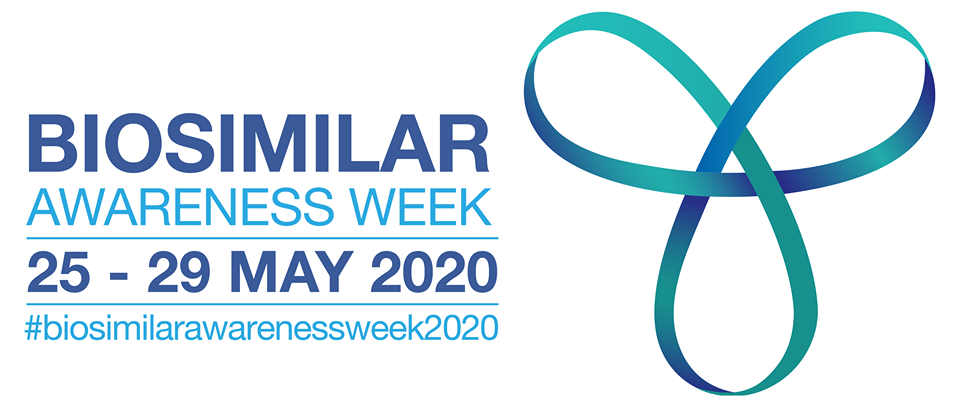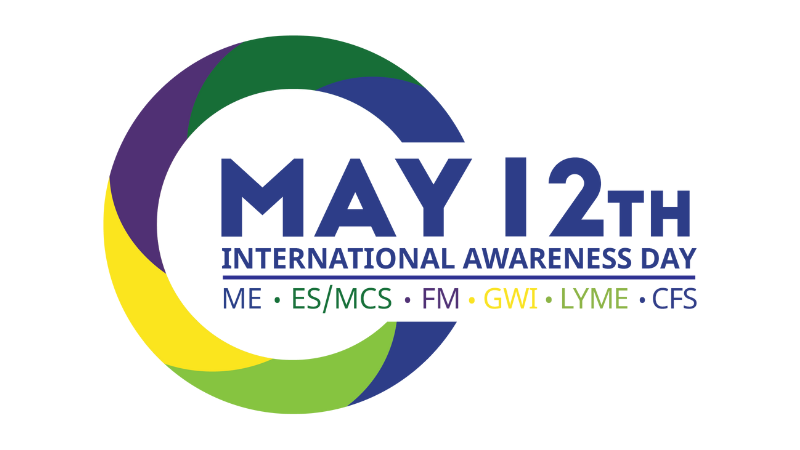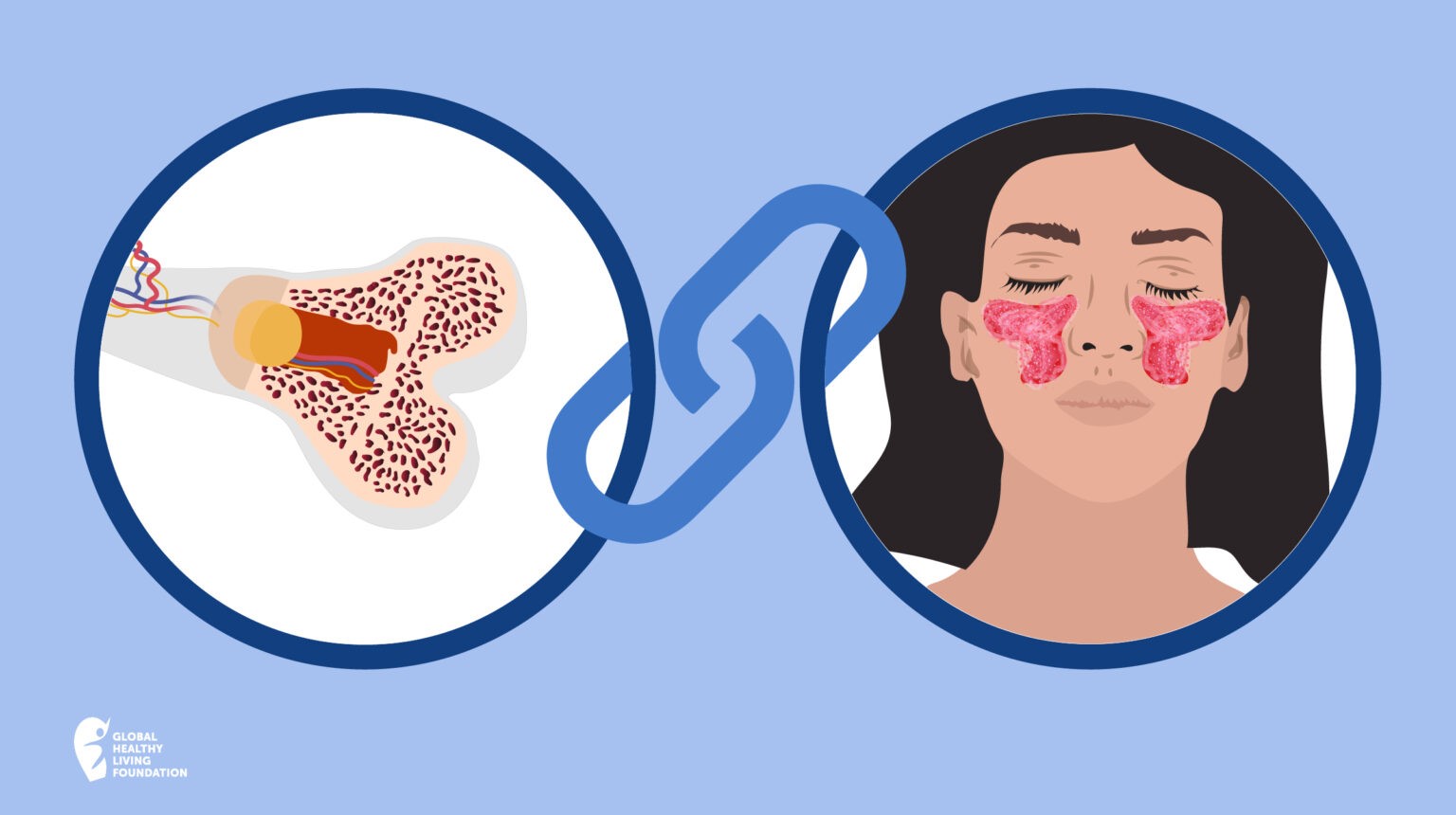

Many Australians use biologic medications as an essential part of their treatment for inflammatory arthritis. These medications, also known as “biologics” or “biologic DMARDs” are used to treat moderate to severe forms of conditions such as rheumatoid arthritis, ankylosing spondylitis and psoriatic arthritis alongside other medical and physical therapies. Biologics are also used for other conditions, including diabetes, cancer and inflammatory bowel disease.
Biologics are designed to act like the proteins that are already in your body. They target specific areas of your immune system. Because they are so specific, they may cause fewer side effects than conventional synthetic DMARDs.
Biologics are grown from biologically-sourced cells. They have very large molecular structures compared to those of tablet-form medications. (Picture a basketball next to a pea and you’ll get the idea.) As a result, they cannot be processed through the digestive system. Instead, they are injected or infused into the bloodstream.
Due to their complex nature, biologics are difficult to copy with 100 per cent accuracy and can even vary slightly between batches. They are also very expensive to produce. In fact, 8 of the 10 most expensive medicines subsidised by the Pharmaceutical Benefits Scheme (PBS) in 2018-19 were biologic medications, with a combined cost of $1.87 billion.
Examples of biologics used to treat inflammatory arthritis include adalimumab (Humira®), Certolizumab (Cimzia®), Etanercept (Enbrel®), Infliximab (Remicade®) and Rituximab (MabThera®).
What Are Biosimilars?
As original biologic brand patents expire, very close copies of these (known as biosimilars) are now coming onto the market. However, they are not like tablet-form generic medications (which are 100 per cent identical to the original brand-name medication). Biosimilars use the research already completed by the original biologic manufacturer and build on this, so they require comparatively less time and clinical trial data to receive approval.
This means they are more cost-effective to produce than the original biologic (sometimes called the reference biologic or originator) medication, so they generally provide a significant cost-saving to the Australian Government.
The cost savings allow the government to invest in other areas of the healthcare system, meaning that consumers now benefit from the increased range of treatment options available to them. However, both biologics and biosimilars are supplied at the same fixed rate to consumers through the PBS.
The biosimilars currently available though the PBS for inflammatory arthritis are Etanercept (Brenzys®, Erelzi®), Infliximab (Inflectra®, Remsima®, Emisima®, Flixceli®, Renflexis®) and Rituximab (Riximyo®).
About Biosimilar Awareness Week
In 2020, Biosimilar Awareness Week runs from 25 to 29 May. It is an opportunity for healthcare professionals and the Australian public to engage in a conversation about biosimilar medicines and their role in supporting the future of sustainable healthcare for all Australians.
The awareness week and the Biosimilar Hub website are initiatives of Biosimilars Australia and GBMA Education. These resources were developed with funding from the Australian Government and were designed to help Australians better understand biosimilar medicines through the provision of independent, evidence-based information.
You can help raise awareness about biosimilar medicines by joining the @BiosimilarsAu community on Twitter, LinkedIn and/or Facebook. Visit the Biosimilar Hub to access CPD accredited education, multilingual factsheets, video interviews and information on how to be involved in #biosimilarawarenessweek2020
Learn more about biologics, biosimilars and other arthritis treatments on the CreakyJoints Australia website.




